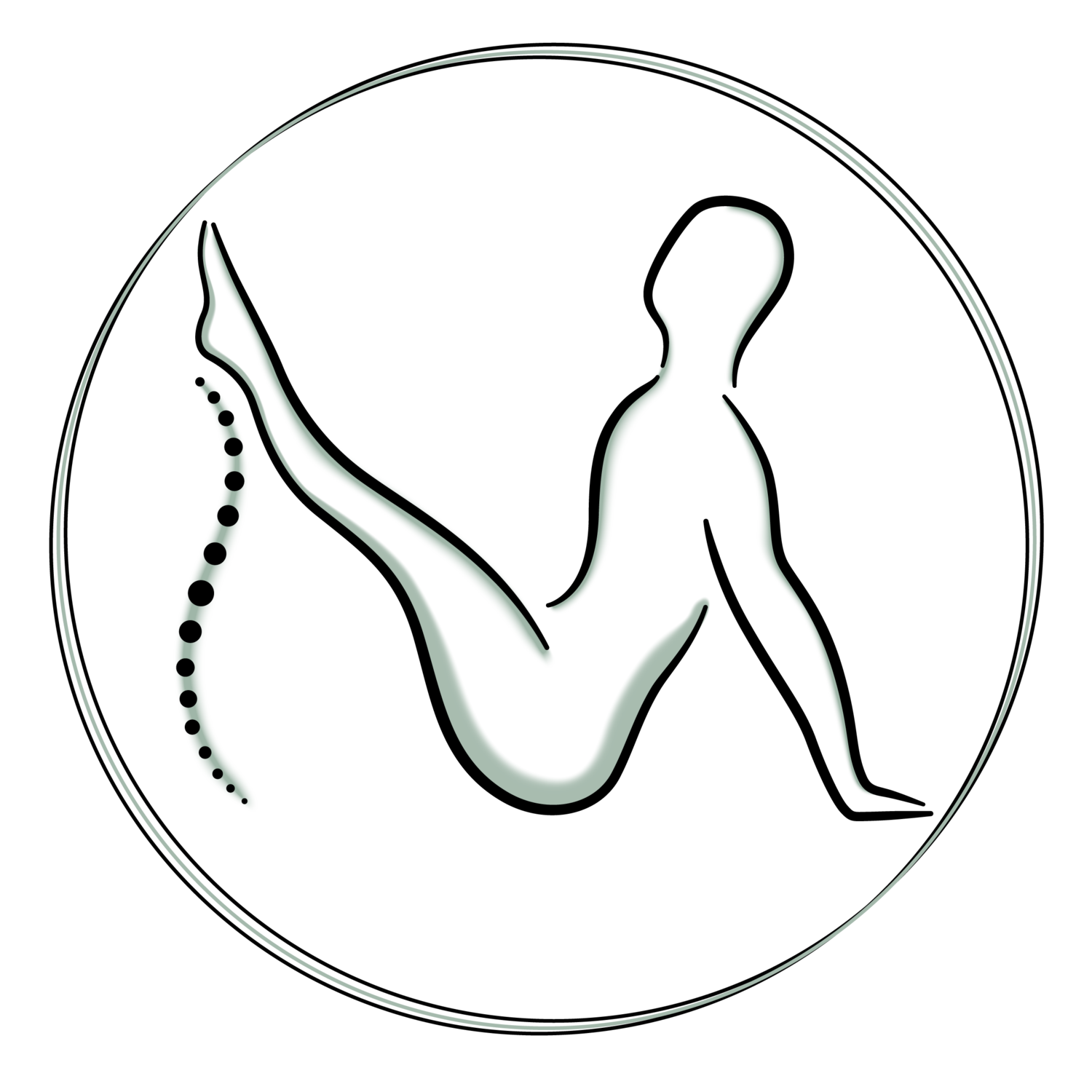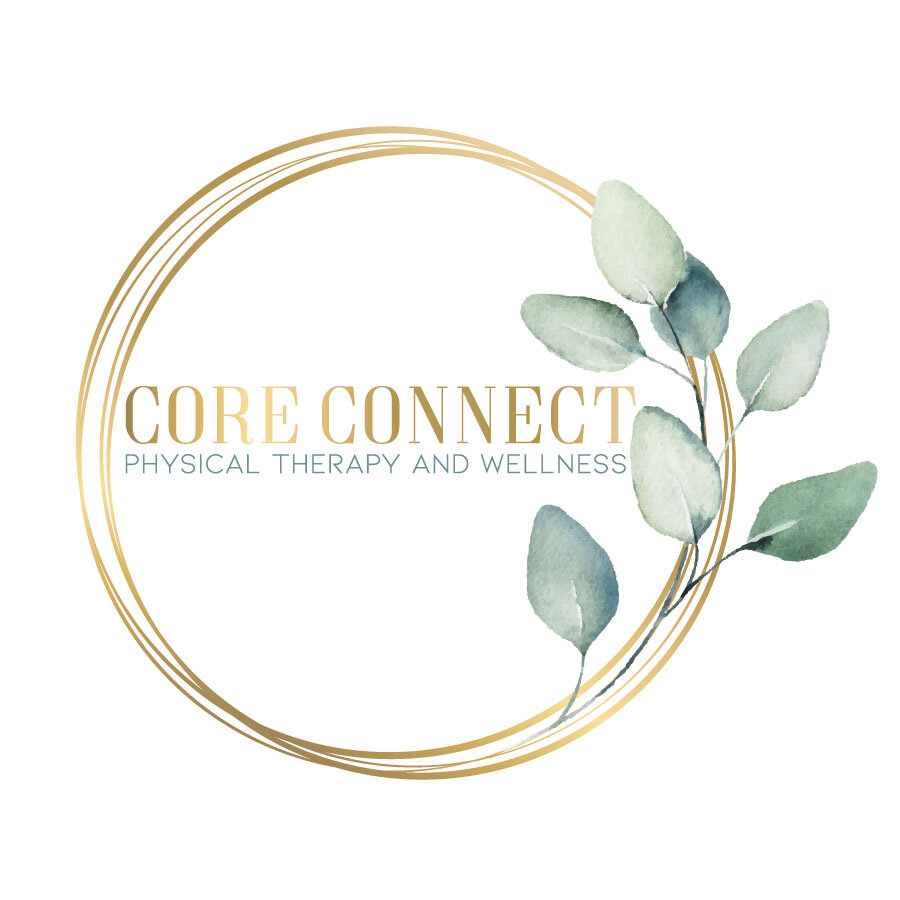Don’t Ignore Your Pelvic Floor!
Continuing our journey to learn more about Physical Therapy specialities, this week I am highlighting Pelvic Physical Therapy. Read on as Ana Karim, PT & Kristin Hietbrink, PT share their expertise.
Ana Karim, PT, M.Div., PYT, LSVT
My experience having been a PT for over 25 years is that PTs spend quality time getting to know a client and truly want to help clients get to the root of their condition, find ways to improve it, and help an individual regain their quality of life. As a profession, I believe we look at the whole person and view him/her as more than a body part that needs to be “fixed”. We are trained to evaluate and creatively collaborate with the client to address the fascinating human body and spirit.
What exactly is Pelvic Physical Therapy or Women’s Health?
I always tell clients that as a PT I’m trained to evaluate and assess the whole body, but as a pelvic health specialist, I focus on the muscles between the belly button and the knees most of the time—especially the pelvic floor. I’m curious as to how the muscles in this area play a role in a client’s bowel and bladder control, pain and discomfort, and/or overall postural control and mobility. Pelvic health specialists are specifically trained to do internal pelvic floor assessments and treatments. I tell folks it’s much like a gynecological exam except no speculum and no stirrups! Our goal is to assess how the pelvic floor muscles are doing: Are they tight and painful? Are there muscle spasms? Can a person find the pelvic floor muscles and if so, how strong or weak are they and how’s their endurance? All this information gives us an idea of the appropriate treatment needed to address a condition. The pelvic floor plays a vital role in our bladder and bowel control, postural support and sexual function.
How can they help me?
Pelvic Health specialists can help in a variety of ways including education about anatomy, physiology, and lifestyle patterns/habits. Often once a client understands where and how things are happening, that awareness opens up a much greater understanding of what the pelvic floor is doing and possible habits that can contribute to pain, incontinence, urgency, and frequency. We tailor exercise programs specific to a client’s condition—it’s not a one exercise program fits all. Pelvic rehab is not just about doing Kegels. For some, kegels may actually make symptoms worse especially if the muscles are already tight and painful. A good pelvic health specialist will evaluate the individual and set a treatment program that specifically addresses what is going on in the most effective way. Especially for post-partum women, Pelvic Health/Women’s Health specialists can provide a safe and effective way to resume exercise so that a woman is building back strength while still respecting the time it takes for the body to recover from delivering a baby. Some conditions, though improved with pelvic health therapy, may need to be managed long term. It is very important to me to provide clients with a toolbox of resources and interventions they can use even when they are no longer seeing me.
What are some common conditions you treat?
I treat a variety of conditions across the spectrum for both men and women:
Pregnancy and post-partum concerns like diastasis recti, c-section scar restrictions/pain, prolapse, core weakness, general orthopedic pain.
Pain and sexual dysfunction issues such as vulvodynia, dyspareunia (painful intercourse), pudendal neuralgia.
Orthopedic conditions like coccyx (tailbone) pain, SI joint pain, back pain
Bowel and Bladder dysfunction such as urinary urge/frequency, urinary hesitancy, Interstitial Cystitis, Urinary or fecal incontinence, constipation, and painful voiding.
How are your skills able to help or fix these conditions?
I utilize a variety of manual therapy interventions to address muscular and fascial restrictions that may contribute to their condition. Biofeedback is often an integral and helpful tool I incorporate into treatment. It offers clients an opportunity to “see” what their pelvic floor muscles are doing on the screen which in turn improves his/her ability to find the muscles or relax the muscles depending on what their particular condition warrants. I utilize my training and certification in medical therapeutic yoga (MYT) to work on movement patterns, flexibility, and core stability. Most often when we are talking about exercise prescription, my goal is to find a balance between stability and mobility. As mentioned above, I educate clients on lifestyle habits and patterns as well as look at a holistic model of wellness (i.e. physical, social/emotional, spiritual, energetic health). It’s a dance between focusing on the specific physical issues that are contributing to the condition as well as the broader view of what all is going on in a client’s life that may also be contributing to their condition. Particularly with persistent pain, we’ve got to look at the bigger picture of health and use current research in pain science to address. Finally, I think it’s really important to have a team approach to wellness. Though I may have the expertise to address the physical components of a person’s condition, I will often connect clients with nutritionists, massage therapists, counselors, and physicians that also have important skills to contribute in a person’s wellbeing!
How do you think we can raise awareness and advocate for Pelvic Physical Therapy & Women’s Health?
First, my dream would be that every OB/GYN would refer every post-partum woman to at least one Pelvic PT appointment. It would be a great opportunity to go through a checklist of possible concerns and set a plan in motion to address early on. We can also ensure that return to exercise is safe and progressed correctly. So many women that I see in their midlife or later years have issues that started when they first had children. If those issues would have been addressed at that time, they wouldn’t be having concerns later in life. I also feel post-partum moms need support and to know their health and wellbeing is just as important as their baby’s!
I’d love for more primary care physicians and general practitioners to understand pelvic health better and incorporate questions about pelvic health into their interactions with patients. We’ve got to do a better job of letting these doctor’s know this specialty exists! One of my favorite parts of my work is to tell clients they are not crazy. So many men and women have seen a multitude of doctors and expressed their concerns (especially when related to pain)—only to be told “it’s in your head” or “that’s normal” or “you’ll just have to live with it”. Sure, that may be the case in a few instances, but often, something can be done to improve a person’s condition. It may be common, but it is not normal to be in pain or to leak urine.
Social media has been an amazing platform for spreading the word and informing folks that pelvic health therapists exist! I also love providing educational seminars-- whether it’s at a gym, a mom’s support group, a retirement community, or a community health event. It makes public what is often kept private. Most folks initially are shy about talking about their issues--they think they are alone or that there’s nothing that can be done. When I’ve given educational seminars, I am always approached by men and women who are relieved to know there is help!
To learn more from Ana check out her website Queen City Pelvic PT, & follow her on Facebook and Instagram
Kristin Hietbrink, PT
Kristin Hietbrink, PT is the owner of Core Connect Physical Therapy and Wellness in Charlotte, NC, where she specializes in rehabilitation and fitness for pre-natal and postpartum women. Kristin graduated with a degree in Physical Therapy from the University at Buffalo in 2002 and has worked her entire career in orthopedics and sports medicine. In 2018, following the birth of her 3rd child, she struggled with her own diagnosis of pelvic floor dysfunction. Through her recovery she has become passionate about raising awareness in women’s health specifically surrounding the pelvic floor in pre-natal and postpartum women. Here is her story:
“Following the birth of my 3rd child, I knew something was wrong “down there” when I was peeing myself with every cough, laugh and sneeze, and was unable to run or jump without immediately leaking. Even more scary was this constant sensation that my vagina was falling out of me. I was so embarrassed I didn’t tell anyone, not even my husband. But I did go to the doctor and I was diagnosed with Stress Urinary Incontinence, Urge Urinary Incontinence and Pelvic Organ Prolapse. I was devastated and I was scared. Even as a PT, I had no idea what all of this meant, and I had no idea that I could recover from this. In PT school, we covered the pelvic floor maybe 1-2 days and my understanding of the pelvic floor was that it is the kegel muscle.” The pelvic floor is so much more! Check out this article Kristin published to learn more about the Pelvic Floor.
“In my search for answers for my own pelvic floor issues, I found Dr. Sarah Duvall with Core Exercise Solutions. I read her blogs and I took a few of her free mini-courses and I developed this yearning to know more. I ended up completing her intensive 13-week continuing education course and received my certification as a Postpartum Corrective Exercise Specialist. This course changed my life. Not only did applying what I learned help me recover from my own pelvic floor issues, but it ignited a new passion for helping other women like me.
I think women’s health, especially pelvic floor dysfunctions are something we all need to talk about more. The more we talk about it the easier it will be to talk about it and the less shame there will be surrounding it. And the more we talk about it, the more women will have the knowledge and the power to get the help that they need and deserve. I want women to know that “you’ve had a baby, what do you expect” is 100% not acceptable. I want women to know that “just do your kegels” is 100% not acceptable. I want women to know there is really good help out there for them!
In my practice I use a holistic approach when treating everyone. Specific women’s health conditions I treat include stress urinary incontinence, diastasis recti and post cesarean section scar mobilization. I treat pubic symphysis dysfunction, sciatica, back pain, neck and shoulder pain, and hip pain that pregnant and postpartum women often struggle with. I am passionate about helping women with pelvic floor symptoms and diastasis recti safely return to fitness and running after childbirth. There are so many changes that occur when we have children, physically, emotionally, mentally, and socially. I take all of that into consideration when helping my patients. I also continue to treat a wide variety of adult orthopedic conditions/injuries/and pain.”
To learn more from Kristin follow her on Facebook and Instagram.
Meaningful Movement’s Take
This is a great example of where post-graduate education and experience is absolutely needed to make you an effective clinician. During my career, I have been fortunate to work alongside many knowledgeable Pelvic and Women’s Health Specialists and I am excited to continue to grow this network. With my PT and Pilates background I am well versed on the interactions of the pelvic floor with the diaphragm and deep core stabilizers. If it’s beyond isolated prenatal/postpartum spine pain, Diastasis Recti, or post-op rehab from a C-section (🙋🏽♀️personal experience here) I am 100% going to refer you to my stellar network of Physical Therapists (Ana or Krisitin 👆 or check out the list below 👇). Female or Male, don’t have a suck it up buttercup mentality or accept an unneeded norm of pelvic floor pain, dysfunction, etc. Know there are many Physical Therapists who are ready to help you! If you are unsure if you would benefit from treatment from this speciality complete this quick screening tool developed by Dr. Nicole Cozean, DPT with Pelvic Sanity. Even if you have one symptom on the check list I encourage you to reach out to one of the specialists in our area. Many have free phone consultations. Don’t Ignore your Pelvic Floor!
We are so fortunate to have many knowledgable Physical Therapists skilled in treating Pelvic PT and/or Pregnancy & PostPartum in our area. In addition to Ana and Kristin check out these other wonderful clinicians:
Dr. Marianne Gross, PT, DPT at Atrium Health
Dr. Emily Roush, PT, DPT at Trinity Therapy & Wellness. Follow on Facebook and Instagram
Dr. Annie Henry Linville, PT, DPT, ATC, CSCS at GrowPT|CLT. Follow on Facebook and Instagram
Dr. Brenda Beckman Gajowski, PT, DPT at She Thrives Physical Therapy & Wellness. Follow on Facebook and Instagram
Dr. Michelle Benoit, PT, DPT at All Natural Female. Follow on Facebook and Instagram
Darlene Ryan, PT at Fundamental Physical Therapy. Follow on Facebook and Instagram






